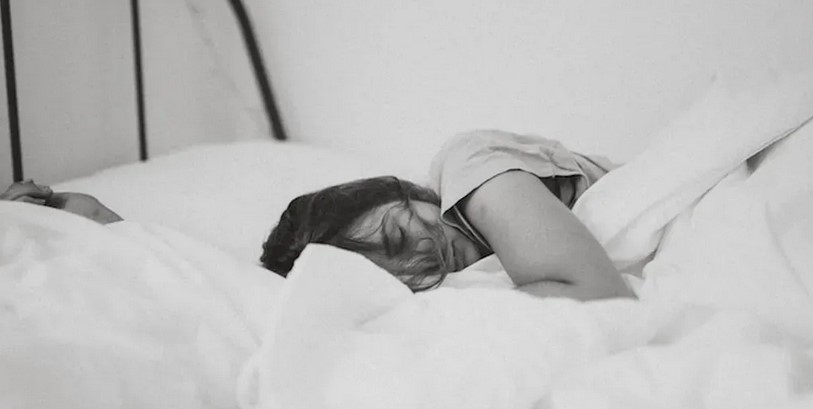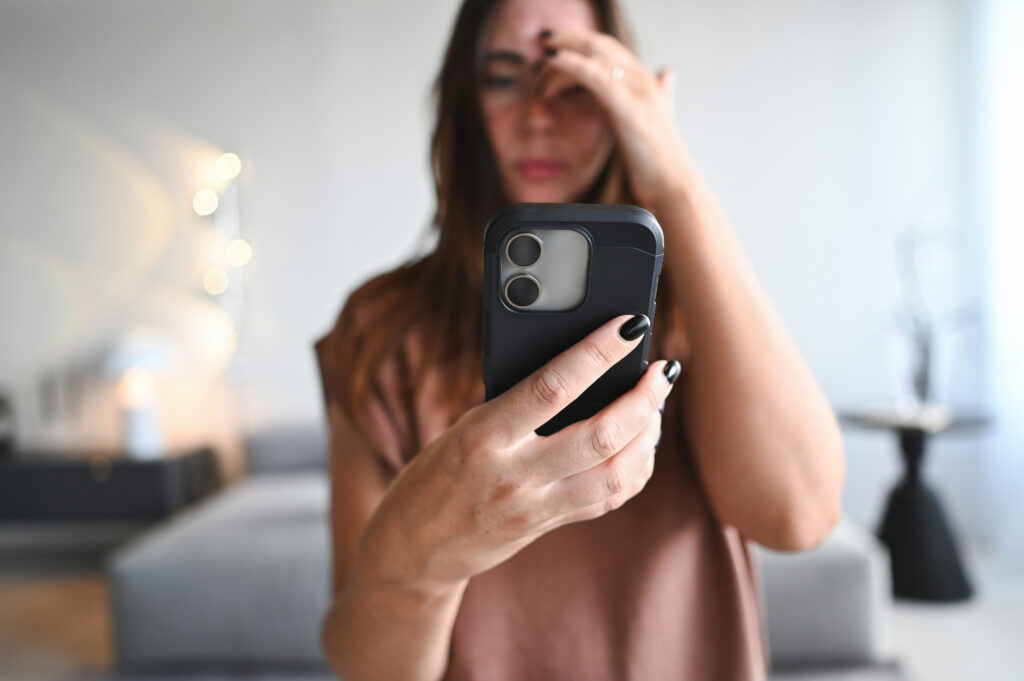The human condition is all about a mix of a wide range of emotion. It’s normal to feel depressed occasionally, for short periods of time. It’s not healthy to fall into long-lasting patterns of depression. There comes a time to seek help.
Depression isn’t simply a period of sadness about difficult news like the loss of a loved one or following a major disappointment. These are natural emotional responses and as upsetting as they are, they’re a part of the ebb and flow of feelings that everyone experiences.
Major depressive disorder is a condition that doesn’t require negative stimulus to create feelings of sadness. Instead of an event that generates sadness, depression creates the negative emotion and general loss of interest that you feel. It’s a mental health condition, not a reaction to the events in life.
While it’s possible to emerge naturally from a bout of depression, it’s not something you can do through the force of your own will. Often requiring long-term treatment, depression becomes an issue when it prevents your ability to function or interferes with your emotional well-being.
Even with treatment, many depression patients have difficulty getting results. At Keta Medical Center, we focus on a new alternative to treating depression through forms of ketamine therapy. Unlike traditional antidepressant medications, ketamine works on a different class of neurotransmitters, providing new pathways in depression treatment that work quickly and without the side effects typical of other antidepressants.
When does depression require professional help?
Because depression is deeply personal and tolerated differently by each patient, it’s hard to attach specific guidelines. Depression may not be quantifiable, but there are some rules of thumb that take into account how depression affects you personally. Some of these include:
1. The two-week measure
If your depression symptoms last longer than two weeks, it could be a major depressive episode, and it’s time to consult with a medical professional, from your primary care physician to a mental health specialist.
2. Depression interference
When the symptoms of depression interfere with your work, home life, or social relationships, it may be time to seek professional help, before a downward spiral starts to seem like an impossible bottomless hole.
3. Loss of joy
Enjoyment of life is sometimes about simple pleasures like the taste of your morning coffee or enjoying the way the sun shines through the trees. When you’re in a depressive episode, the moments you once counted on for pleasure fail to produce a joyful response.
It’s important to note that depression doesn’t always include suicidal thoughts, but when you feel strong urges, treat it as a true medical emergency. Proceed to a hospital emergency room or urgent care facility for immediate treatment.
Ketamine treatment
If you’ve been diagnosed with depression and you’re finding limited benefits from traditional antidepressant medications, consider ketamine intravenous (IV) therapy as an alternative or complementary treatment.
Find out more about ketamine treatment options through Keta Medical Center. Our office is in Oradell, New Jersey, and we’ll soon have other location openings in Westchester and the upper west side of Manhattan in New York City. Depression is a serious condition that requires treatment. Contact us today.



